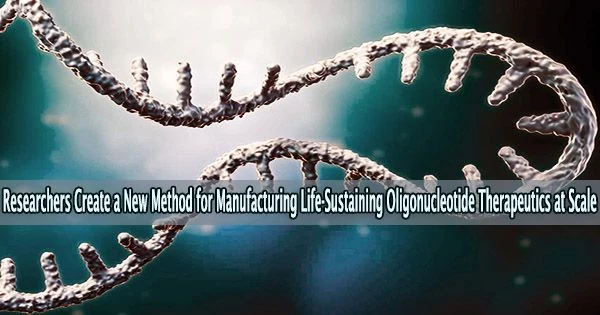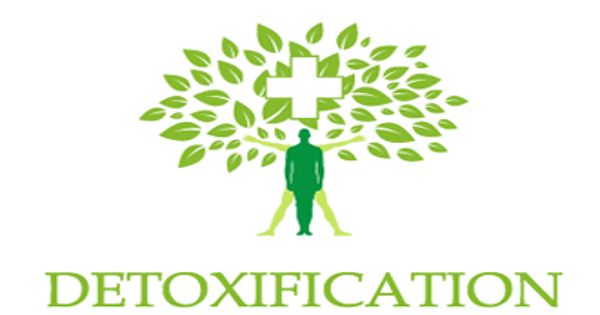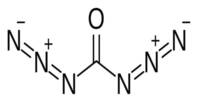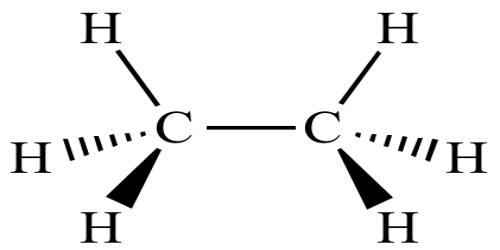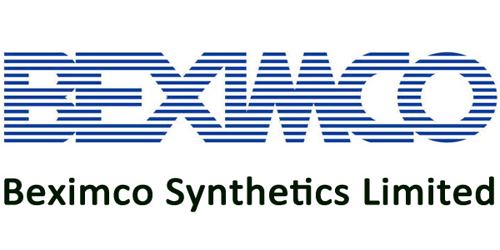In order to manufacture high purity, life-saving medicinal oligonucleotides on a big scale with no negative environmental impact, scientists have created a new method.
An new class of medicinal compounds with the potential to cure a wide range of ailments are therapeutic oligonucleotides.
The finding, by The University of Manchester, will facilitate large-scale production of oligonucleotides to ensure the widest possible access of these drugs for patients.
Oligonucleotides are short chains of nucleotides, which are the building blocks of nucleic acids such as DNA (deoxyribonucleic acid) and RNA (ribonucleic acid). These molecules play a crucial role in the storage and transmission of genetic information in living organisms. Oligonucleotides are typically composed of 2 to 20 nucleotide units linked together by phosphodiester bonds.
Short DNA sequences called oligonucleotides have the ability to modify or regulate gene expression. They may be able to address the root causes of conditions including heart disease, cancer, and muscular dystrophy in this way.
Increasingly more oligonucleotide-based medicines have been approved in recent years, but their widespread usage has been constrained in part due to challenges in the process of making them.
Current techniques rely on chemical synthesis, which uses a lot of solvent, produces a lot of waste, and yields products with low yields and low purity. They can only be scaled up to produce oligonucleotides in small batches since reactions are carried out on solid supports or columns.
Many pharmaceutical companies have therapeutic oligonucleotide candidates in their pipelines, including those for common diseases. The development of more scalable and sustainable approaches to oligonucleotide production will be key to ensuring the widest possible access to this powerful class of therapeutics.
Sarah Lovelock
The new study, which was published in the journal Science, offers a scalable and sustainable method for producing oligonucleotides that addresses the drawbacks of existing techniques.
The findings could have major implications for the pharmaceutical industry.
Sarah Lovelock, Senior Lecturer at the Manchester Institute of Biotechnology at The University of Manchester, said: “Therapeutic oligonucleotides are an exciting new drug modality with huge potential to treat a wide range of diseases, including genetic disorders and viral infections.”
“Many pharmaceutical companies have therapeutic oligonucleotide candidates in their pipelines, including those for common diseases. The development of more scalable and sustainable approaches to oligonucleotide production will be key to ensuring the widest possible access to this powerful class of therapeutics.”
In nature, DNA can be copied or amplified using enzymes called polymerases. In the novel method, a catalytic DNA template is amplified to produce a large number of therapeutic oligonucleotides in a single step. In contrast, established procedures often involve repetitive rounds of chain expansion, capping, oxidation, and deprotection.
Researchers at the University of Manchester are now working in a collaborative partnership with technology innovation catalyst CPI, AstraZeneca, and Novartis to scale up the approach presented within this research.
